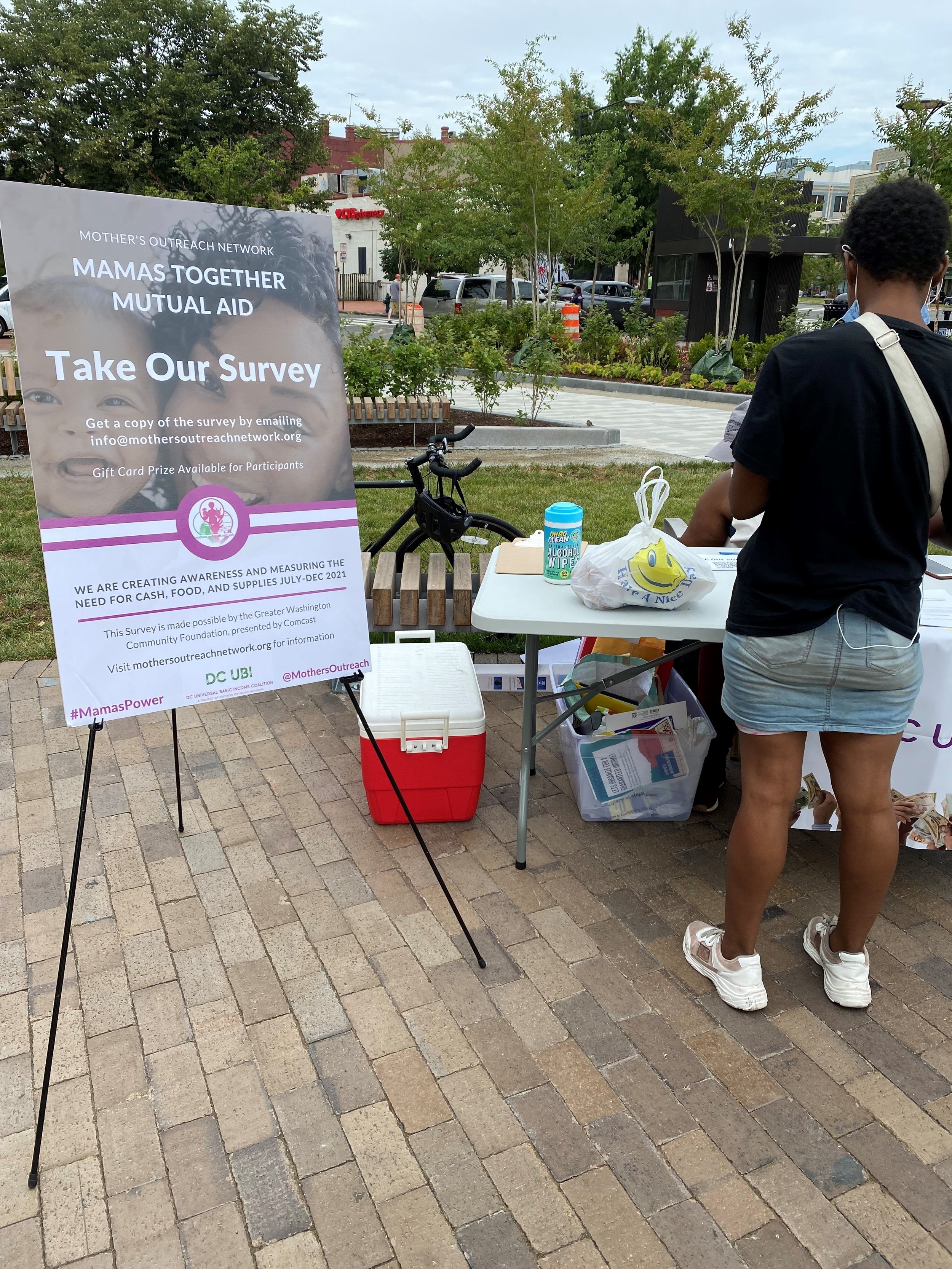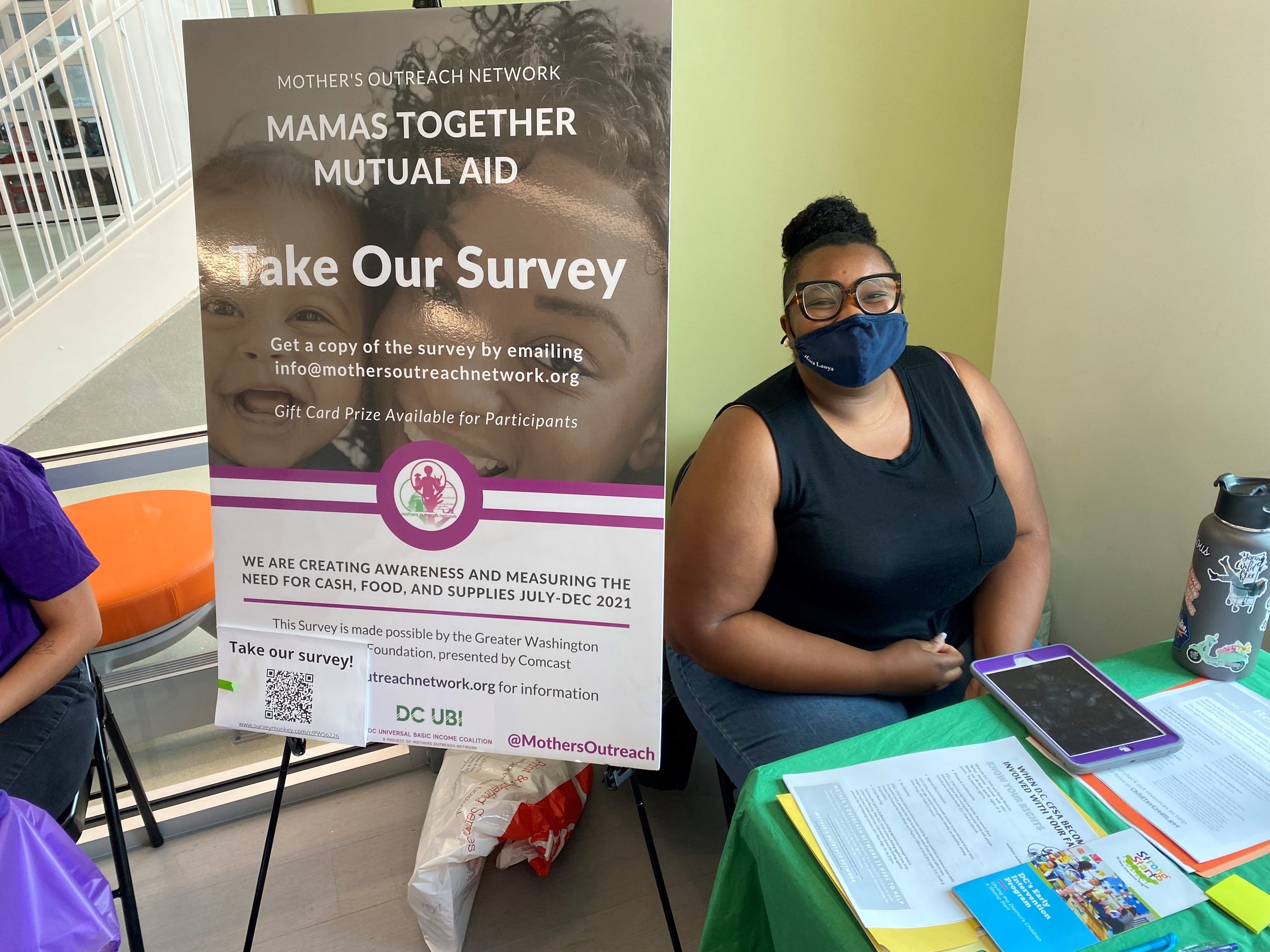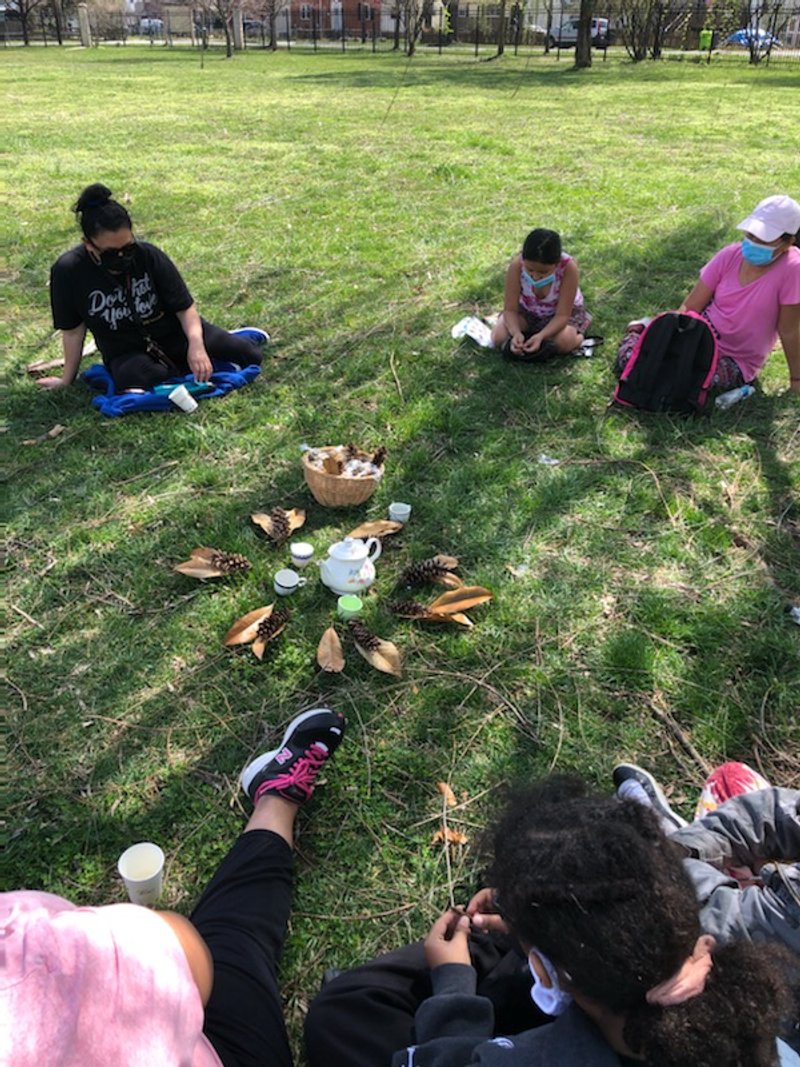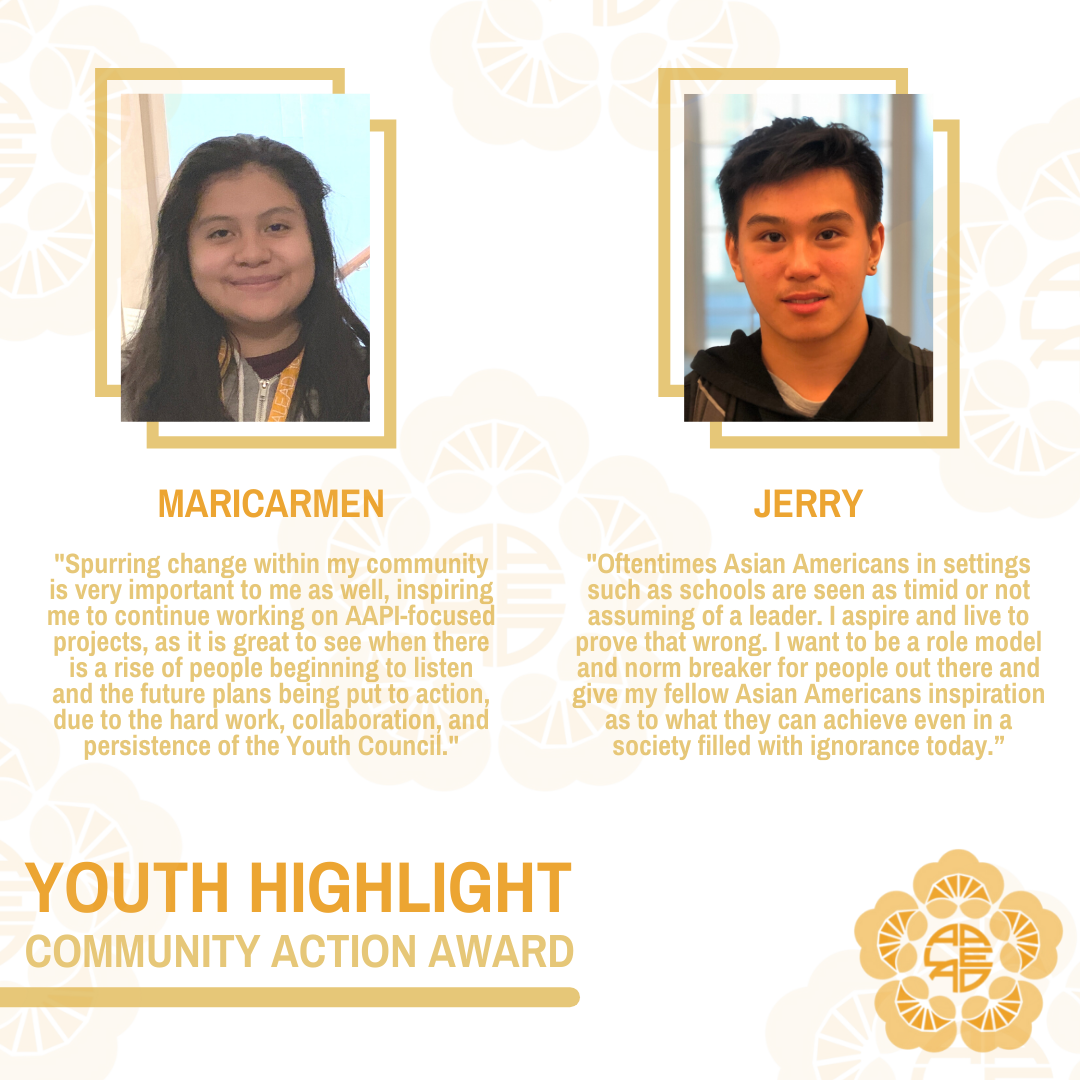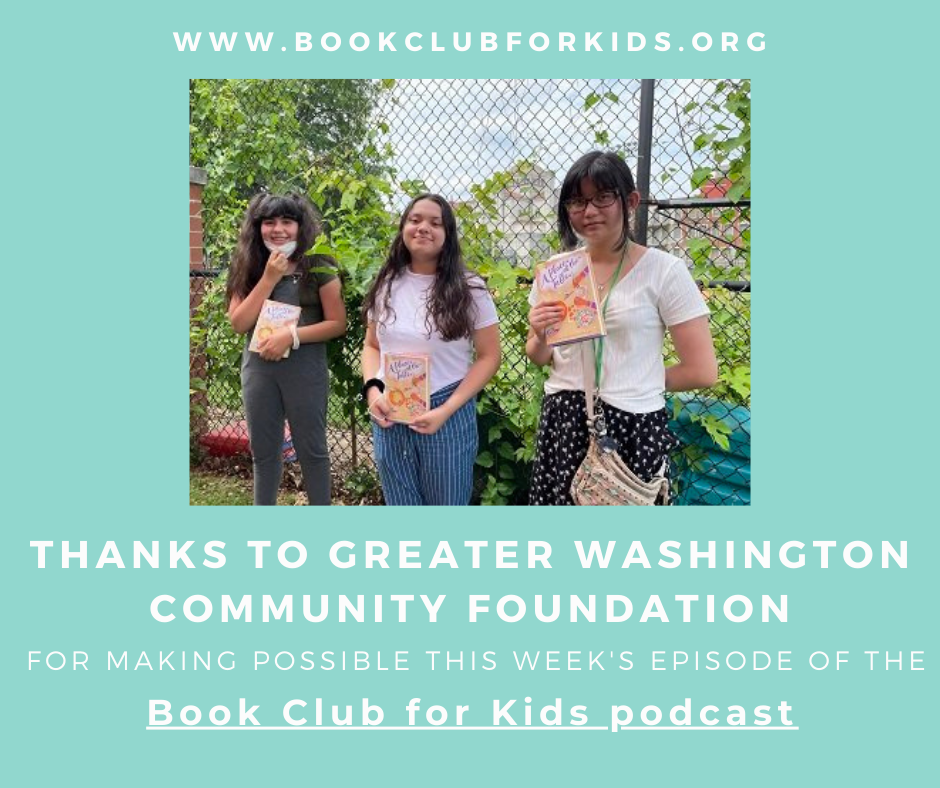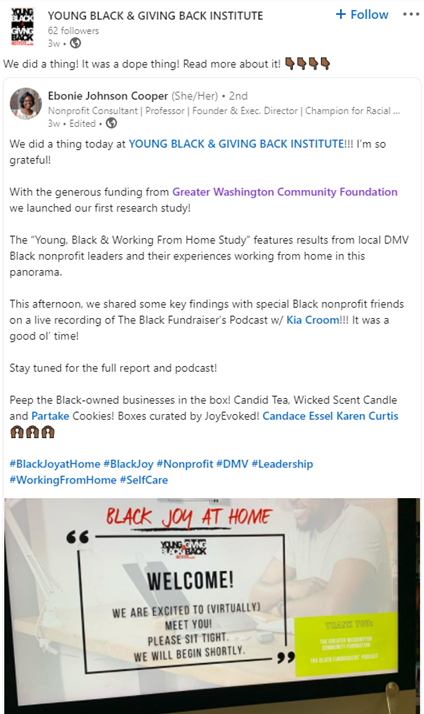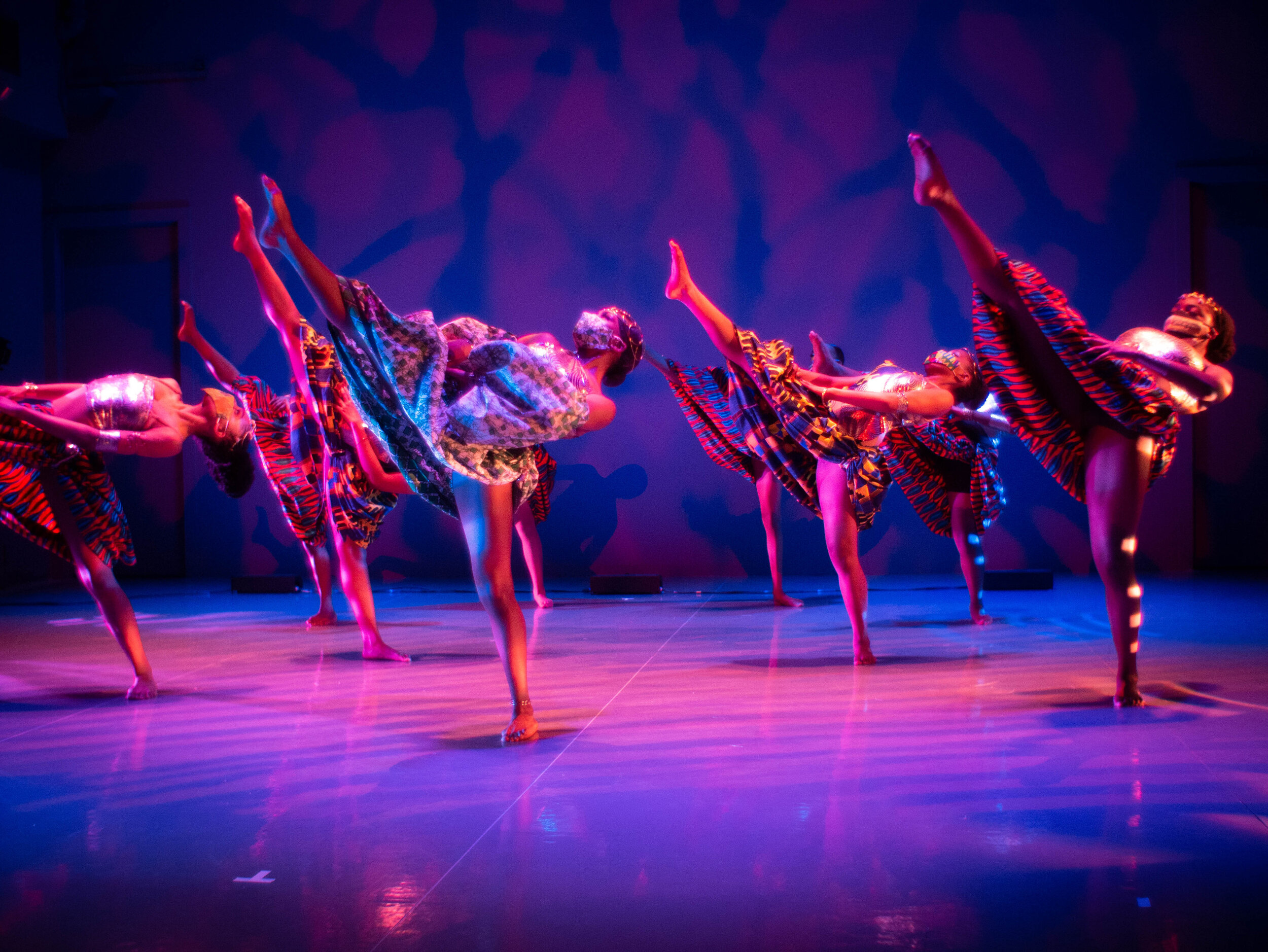Grants aim to increase food security, close the opportunity gap, support survivors of domestic violence, and build stability for more families.
The region’s largest local funder has announced more than $6.2 million in grants to 70 nonprofits addressing issues facing families and communities in the Greater Washington region as they adapt to a post-pandemic life.
The Greater Washington Community Foundation is investing in equitable recovery targeting a wide range of challenges, from helping families facing food insecurity, to advancing educational equity, supporting survivors of domestic violence, and building stability for more families.
These grants represent initial investments that lay the groundwork for The Community Foundation’s new 10-year strategic vision to close the region’s racial wealth gap. The Community Foundation’s new strategy focuses on increasing economic mobility by prioritizing historically underinvested BIPOC neighborhoods that have been systematically denied access to wealth building opportunities. The Community Foundation is specifically interested in neighborhoods and census tracts that are experiencing the highest incidences of system-induced inequities in the areas of health, homeownership, education, employment, income, and life expectancy.
“The pandemic not only increased demand for housing, food, and educational supports, it also exacerbated and brought longstanding inequities into focus,” said Tonia Wellons, President and CEO of the Greater Washington Community Foundation. “These grants will help our nonprofit partners sustain and continue to adapt their services to support equitable recovery by providing individuals and families with what they need to survive and thrive today and for the long-term.”
Food Security
With 1 in 10 Montgomery County residents facing food insecurity due to COVID-19, The Community Foundation’s Food for Montgomery initiative is marshaling the resources of nonprofits, faith communities, local businesses, farmers, and county agencies to increase food access and help families recover from crisis. Grants totaling $959,590 will build the resiliency of 14 nonprofit and faith-based partners to more effectively and efficiently meet the needs throughout Montgomery County.
Afrithrive to support its two-acre farm and community gardening program to engage African immigrants in growing culturally specific produce which is hard to obtain through most food distribution providers.
American Muslim Senior Society to support staffing, equipment, and cold storage necessary to strengthen its food security work and maximize the power of its volunteer network.
BlackRock Center for the Arts / Up-County Consolidation Hub to hire a bilingual social worker to connect vulnerable families to sustainable food resources and supports that are vital to their recovery.
Celestial Manna for staffing needed to advance food recovery efforts that prevent food waste and save thousands of dollars.
Charles Koiner Center for Urban Farming to support the development of an urban farm and community gardening program in Wheaton, MD that will enable residents to grow their own culturally appropriate food.
Community Health and Empowerment through Education and Research (CHEER) to support community-garden work that will engage Long Branch area residents to grow their own food for their community.
Guru Gobind Singh Foundation to support expanded storage that will enable this volunteer-driven effort to sustain its food security work.
Kingdom Fellowship CDC / East County Consolidation Hub to support the development of an innovative cold storage resource to help hub partners prevent waste and distribute food more efficiently. Hub partners include Kingdom Fellowship, Rainbow Community Development Center, Kings & Priests Court Int'l Ministries, and People's Community Baptist Church.
Manna Food Center, A Place of Hope, Co-Health, Ethiopian Community Center Maryland, Identity, Kings and Priests’ Court International Ministries, and Southern African Community USA to enable outreach partners to connect residents with Manna Food Center’s resources and provide vouchers to purchase culturally specific foods to meet their needs.
The Tri-County Council for Southern Maryland and its partners, the Crossroads Community Food Network and FRESHFARM, to build the capacity of local farmers markets so they can more effectively reach and serve customers that rely on federal nutrition benefits, thereby increasing access to healthy food from local farmers.
Rainbow Community Development Center for staffing necessary to foster resiliency in the East County region through collaborative work with key partners and to sustain the organization’s expansion spurred by the pandemic.
Red Wiggler Community Farm to employ adults with developmental disabilities to grow healthy food for group homes and food distribution partners throughout the county.
Shepherd’s Table to support the necessary equipment and kitchen improvements to sustain and deepen collaborations bringing prepared meals to individuals and families facing food insecurity.
WUMCO for expanded cold storage that will enable the collection of more donations from local farmers and hunters to distribute in the rural, Up-County area.
Education and Literacy
The Community Foundation’s Children’s Opportunity Fund (COF) is a public-private partnership that invests in innovative, evidence-informed efforts targeted at reducing educational disparities to close the opportunity gap in Montgomery County. Reading mastery is a key predictor of a student’s career attainment, and the most critical time to gain these skills is between birth and third grade. Recent grants of $200,000 will further COF’s strategy to improve third grade literacy rates by supporting early literacy programs, tutoring programs, and out of school time activities.
Kid Museum to create an intentional curriculum for students in Grades K-3 that integrates STEM, literacy, and social emotional learning at Rolling Terrace and Strathmore, two Title 1 Elementary Schools -- in the spring the program will be piloted at additional elementary schools.
Imagination Library to expand its program developed for children from birth to age 5 in seven zip codes to receive free, high-quality, age-appropriate books delivered to their home every month.
Survivors of Domestic Violence
In partnership with the Prince George’s County Department of Family Services, The Community Foundation administers the Domestic Violence Community Grants Fund to support nonprofits assisting families and survivors of domestic violence and human trafficking to achieve a greater level of independence and self-sufficiency, cope with healing, and rebuild the family unit. Grants of $120,00 to four organizations will support counseling services, housing and transportation, and legal services.
Community Advocates for Family and Youth to support the recently launched Begin Again and Thrive program to address housing needs by providing emergency accommodation, permanent relocation, and financial assistance.
Community Crisis Services to provide shelter transportation, limited rental support, and to meet individual needs such as school lunches or school supplies for a family or student.
Community Legal Services of Prince George’s County to continue funding a staff attorney position and program offering legal assistance.
House of Ruth Maryland to support the provision of counseling/therapy services including IPV education, safety planning, and trauma reduction.
Children, Youth, and Families
The Community Foundation administers the Fund for Children, Youth, and Families, a five-year initiative, to invest in effective organizations working to make the community more vibrant, healthy, and stable. The 2021 cycle includes nearly $4.8 million in multiyear grants to 50 nonprofits offering housing services, permanency support, academic support, and early career development programs.
826DC to help students improve writing skill development and increase fluency with writing based on the National Writing Project standards.
Adoptions Together to provide training for families interested in fostering and to place foster children in permanent homes.
The Arc of Prince George’s County to support participants of the Ready@21 Program, which helps young adults through career coaching and resume development to increase job readiness, improve college awareness, and develop self-advocacy skills.
Aspire! Afterschool Learning to improve reading instructional level by one grade or more for students in its afterschool care program.
The Barker Adoption Foundation to provide older foster child adoption training and facilitate the placement of older foster children and/or sibling groups.
Bread for the City to support advocacy efforts for families at risk of housing displacement and to provide direct services to families through the Food Program, Clothing Program, Medical Clinic, Social Services Program, and Legal Clinic.
Bright Beginnings to support early childhood development for children ages 0-5.
Carpenter's Shelter to help families who enter shelter to gain stability and transition to permanent housing and sustain independent living.
CASA for Children of DC to provide advocacy support for reunification, adoption, or guardianship for foster youth and workforce development activities for older foster youth.
Center for Adoption Support and Education (C.A.S.E.) to provide trainings and support for pre-adoption and post-adoption guardians.
Central American Resource Center to provide financial training and planning to support stable housing for Latino immigrants.
Children's Law Center to provide legal representation for child welfare cases to ensure children are growing up in permanent, stable families.
Community Crisis Services, Inc. to assist households experiencing homelessness and/or domestic violence to access safe, permanent housing.
Community Family Life Services to provide intensive financial coaching, financial case management, and wrap around supports for women seeking housing stability.
Cornerstones, Inc. to provide rental assistance services for at-risk tenants.
Court Appointed Special Advocate (CASA)/ Prince George's County, Inc. Support the Job Readiness and Transitioning Youth program, which ensures that at youth participants who emancipate will do so with stable housing
Voices for Children Montgomery to provide placement in safe homes for clients at case closure.
DC SAFE to help clients move to safe transitional or permanent housing after their stay in SAFE Space.
DC Volunteer Lawyers Project to offer advocacy and referrals, including enforcing victim rights in housing, employment, and public benefits, as well as provide legal assistance and advocacy with victim legal rights.
DC127 to help teen parents who are aging out of foster care be prepared for a life of independence with stable housing, jobs, and increased access to supportive services.
District Alliance for Safe Housing to help families transition from emergency shelter to more permanent housing with increased economic and housing stability.
District Of Columbia Grassroots Empowerment to help secure long-term housing for residents displaced and impacted by public housing redevelopment.
Doorways for Women and Families to provide re-housing supportive services to help participants achieve stability and transition to permanent housing.
The Dwelling Place, Inc. to help program residents remain stably housed and maintain compliance with program requirements through case management, increasing financial stability, and home visits.
Family & Youth Initiative to assist participant teens in foster care with finding an adoptive family and provide continuing support to participant youth who age out of foster care.
Fihankra Akoma Ntoaso to provide afterschool and summer programs for children in the child welfare system to allow them to develop positive relationships with adults and peers.
Crittenton Services of Greater Washington to increase school attendance, academic engagement, and grade point average for Goal Setting Girls participants.
Foster and Adoptive Parent Advocacy Center (FAPAC) to provide training, peer support, financial stability, and individual advocacy to foster families in DC.
Homeless Children's Playtime Project to provide ongoing play programs and supportive services for homeless children in DC.
Hope And A Home, Inc. to help resident families increase financial stability and make progress towards transitioning into and/or maintain permanent, stable housing.
Horizons Greater Washington to provide literacy and math academic enrichment support for students.
Housing Up to provide employment support, rental assistance, and financial support services for affordable rental housing buildings.
Interfaith Works Inc. to help families experiencing homelessness achieve stability and transition to permanent housing with the assistance of case management and supportive services.
Martha’s Table to support academic enrichment for the six developmental domains — early literacy, early math, language, cognition, physical development, and socioemotional development.
Mary's Center for Maternal and Child Care, Inc. to support the Home Visiting Program, which encourages early childhood development through reading, storytelling, and singing with young children daily.
Montgomery County Coalition for the Homeless, Inc. to help residents maintain on time rent payments and permanent, stable housing.
My Sister's Place to help residents increase income, provide case management, and transition to transitional or permanent housing.
National Housing Trust Enterprise to help NHT households participate in financial programs and maintain stable housing.
Neighborhood Legal Services Program to host “Know Your Rights” presentations and represent clients in cases involving housing discrimination, illegal eviction, rent increases, housing conditions, voucher termination, and loss of subsidies.
Neighbors Consejo to assist low-income families in transitioning from shelter to rental housing, while helping them improve their personal and financial stability.
Northern Virginia Family Service to provide foster care pre-service training and Resource Parent certification.
One Common Unity to improve course grades, increase class attendance, and reduce punitive disciplinary actions for students in the Fly by Light program.
One World Education to increase research and writing skills as well as social and emotional learning for students.
The Platform of Hope to provide housing, education, employment, family stability, finances, and health support services for low-income families at risk for homelessness.
Prince George's Child Resource Center, Inc. to improve language and cognitive abilities through participation in child development and parent/child learning activities.
Reading Partners to help students meet or exceed their primary, individualized end-of-year literacy growth goal.
Right Beginnings Inc. to provide career development, mentoring, and career counseling to homeless women seeking to increase financial stability to find housing.
Rising for Justice to provide tenant rights educational trainings and legal services for tenants in need of improved housing conditions or facing eviction.
Sasha Bruce Youthwork to help at-risk youth achieve safe and stable living environments.
Stepping Stones Shelter to help resident families increase their income during stay and move on to stable housing utilizing a subsidy program.





